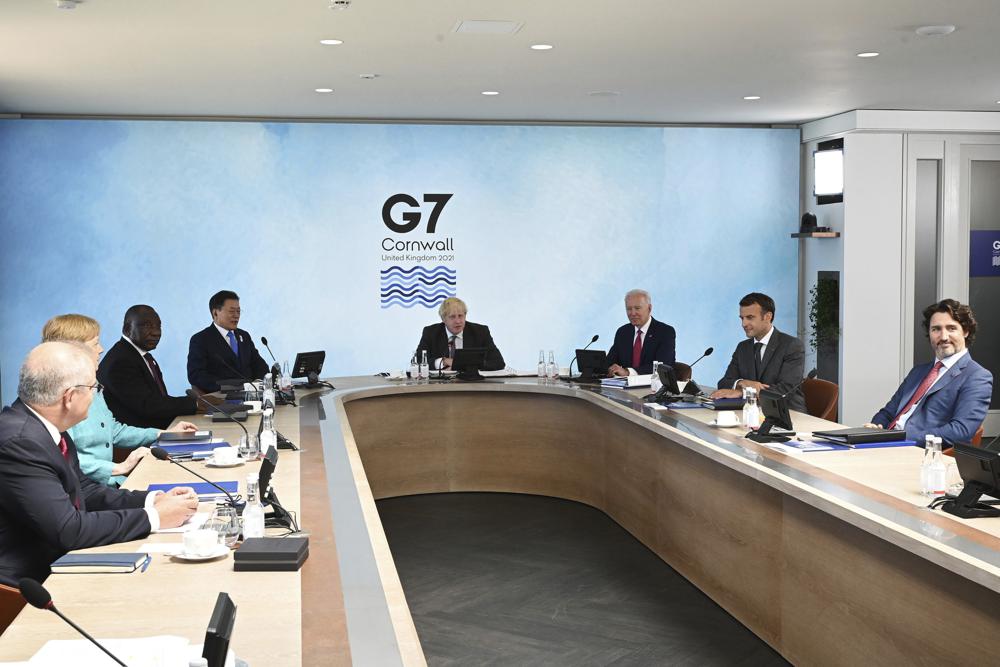

Poorer nations are likely unsatisfied with the vaccine initiative proposed by the Group of Seven (G7) nations, Professor Muzaherul Huq, former Southeast Asia Region adviser at the World Health Organisation, told Xinhua in an interview Tuesday.
It will be “immoral” for G7 countries to take advantage of this COVID-19 and vaccine crisis, said Huq, as G7 leaders on Sunday wrapped up their summit in the midst of protesters taking to the street and accusing the leaders of making empty promises.
In a joint communique issued after the summit, G7 leaders belatedly pledged to provide 1 billion doses of coronavirus vaccines to less developed countries, while experts insist the world needs 11 billion doses instead.
If the G7 countries are really sincere in helping poorer nations in this vaccine crisis, patent protection must be waived to allow all countries to produce vaccines, said Huq, adding that assistance with technology transfers and raw materials is also essential.
No country is safe until every country is safe, he said, adding that the world must immunise 70 percent of the population and ensure availability of sufficient vaccines for poorer nations.
“We all know the pandemic can only be controlled if all countries, including the poor countries, achieve their goal of vaccination within a 2-year time frame,” Huq noted.
Meanwhile, developing countries will be disappointed if the G7 uses vaccines as “a card to gain support” in some way, said Huq.
The G7 pledge “can be a starter if more promises come from them to support with more vaccines,” he said. “Moreover, a time limit should be there for the availability of these vaccines.”
Huq also expressed hope that “a humanitarian attitude will prevail in helping the poorer countries with vaccines and other support to save lives.”